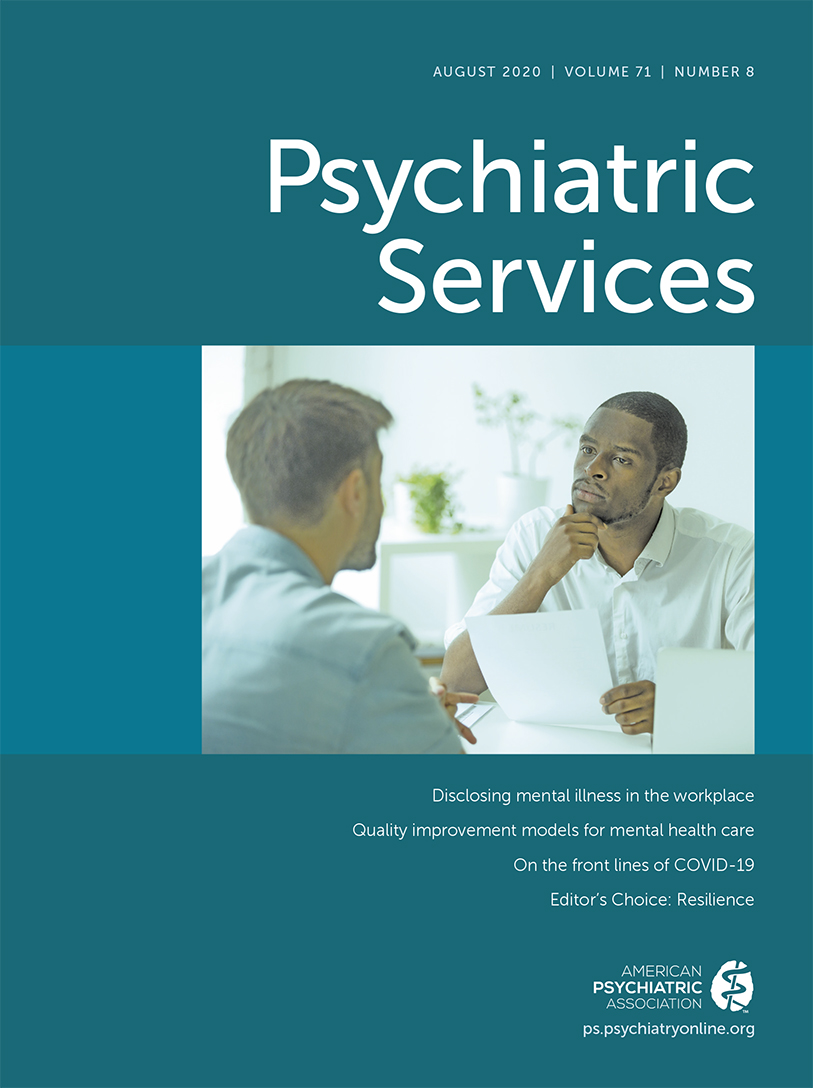Effectiveness of Suicide-Focused Psychosocial Interventions in Psychosis: A Systematic Review and Meta-Analysis
Abstract
Objective:
Suicide ideation, plan, attempt, and death are significant and prevalent concerns among individuals with psychosis. Previous studies have focused on risk factors, but few have systematically evaluated the effect of psychosocial interventions on these experiences among individuals with psychosis. This study evaluated the effectiveness of psychosocial interventions in reducing suicide ideation, plan, attempt, and death among individuals with psychotic symptoms.
Methods:
Eight electronic databases were systematically searched from inception until June 30, 2019. Identified studies included both randomized controlled trials and controlled trials without randomization that examined psychosocial interventions for suicide ideation, plan, attempt, and death among individuals with psychotic symptoms. A random-effects model was used to pool the effect sizes for synthesis.
Results:
Eleven studies with 14 effect sizes (N=4,829 participants) were analyzed. The average age of participants ranged from 21 to 51, and most participants identified as male and non-Hispanic Caucasian or Chinese and were in an early or first-episode stage of illness. On average, participants who received psychosocial interventions were less likely than their counterparts in the control group to report suicide ideation, plan, and attempt and die by suicide (odds ratio [OR]=0.57, 95% confidence interval [CI]=0.41–0.78). Subgroup analyses further revealed significant reductions in suicide ideation (OR=0.73, 95% CI=0.55–0.97) and suicide death (OR=0.45, 95% CI=0.30–0.68) among intervention participants.
Conclusions:
Preliminary evidence indicated that psychosocial interventions are effective in reducing suicide ideation, plan, attempt, and death among individuals with psychotic symptoms. Intervention characteristics, however, varied across studies, which suggests a lack of consensus on best clinical practices.



